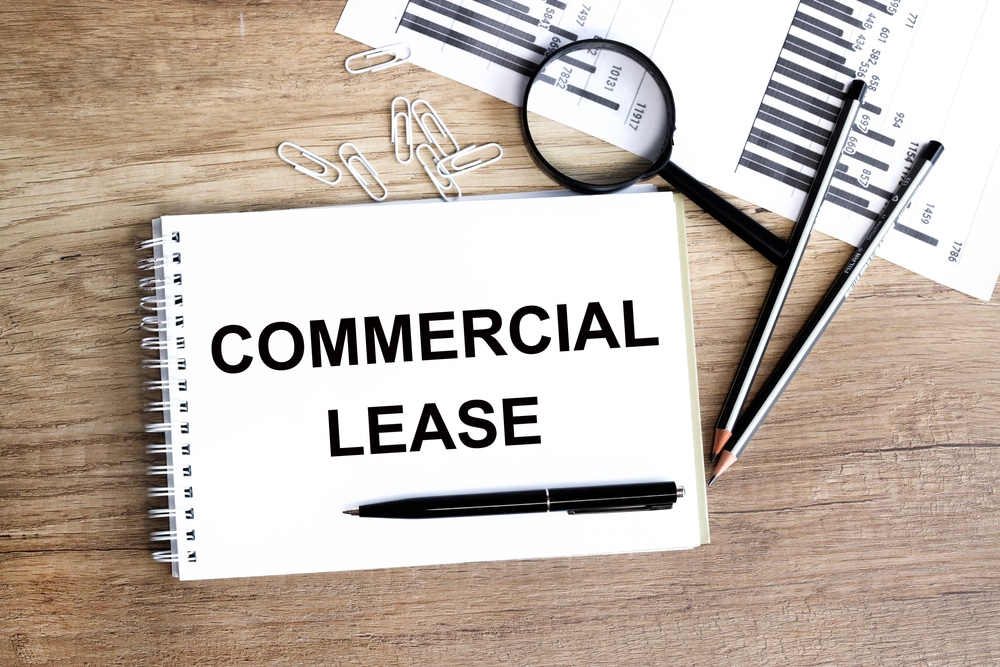Whether for retail, commercial or industrial property, a commercial lease is a serious financial agreement, that people often underestimate.
According to Patrick Kelleher, the director of Northern Beaches commercial real estate specialists, Pine Property, people often enter a lease without appropriate due diligence, or a full understanding of the dynamics surrounding commercial real estate, with potentially serious consequences.
To help you navigate the commercial real estate market, and avoid any common pitfalls, Patricks outlines six critical steps that prospective tenants must take, but that are often overlooked.
Obtain independent legal advice
“Given the seriousness of a commercial lease, it is always advisable to consult a specialist commercial real estate solicitor and ensure you have thoroughly checked your lease and clearly understand all terms and conditions,” Patrick said.
Having a solicitor review your lease may save you extensive time and money pursuing a property that is not suitable, or even incorrectly entering into a lease, he added.
Ensure your business complies with council zoning and “permitted use”
Before you sign a lease, you should ensure that your business type is permissible in the location you are looking at.
Patrick said he often sees people investing time and money researching properties in areas where they are not permissible.
You need to understand the requirements of your business, and if they match the permissions of the property. Check the zoning and that there are adequate services, power and access.
“You should always check with the council if any permits are required,” he said, adding that sometimes technicalities catch people out.
“Do not assume anything. A takeaway food store may not be able to serve food on reusable plates, or a hairdresser may not be able to offer beauty services. Know exactly what you are getting into,” Patrick states.
Factor for possible delays in the DA and fit-out
As well as considering zoning, permitted use, and any permits required, if you are planning to fit out your new premises, you may need to lodge a development application (DA) with council.
“Depending on the nature of works, this can take an extended period of time in which there are extensive outgoings and no business income,” Patrick said, encouraging people to factor this into any rent-free period negotiations with the landlord.
“However, there can also be unexpected delays and you may be required to start paying rent before you can start trading,” he added.
Check your business complies with strata by-laws or if approvals are required
If you are taking a lease in a building governed by a strata body and executive committee, then be aware that they can make the rules irrespective of the zoning, according to Patrick. “They may say no cooking of flammable liquids, no music, or provide restricted access for deliveries and garbage removal, all of which can have a significant impact on your business.”
“I see tenants spending considerable time and money getting plans done and they haven’t even checked the by-laws. Unfortunately, some of them later realise their business type is not permitted.”
“Also make sure the building has the right provisions for your business. For example, if it doesn’t have three-phase power and you need to bring in extra power from the street, then the cost might suddenly become prohibitive,” Patrick said.
Does your rent include outgoings?
A key factor to consider before signing a lease is whether the rent include outgoings and repairs/maintenance, according to Patrick.
Outgoings include things like land tax, cleaning, security, rates, insurance, management fees, and more, and should be included in the Disclosure Statement.
If there are any undisclosed outgoings, they may not have to be paid, however also factor that outgoings can go up by market rates over time.
“Everything’s negotiable, as long as you consider it before you sign the lease,” Patrick said.
Is there a make good clause?
A make-good clause applies at the end of a lease period and typically requires a lessee to return the premises in an empty or neutral state.
“The make good provisions might require you to strip your fit-out and bring the property back to a bare shell. Or you might be required to re-paint or re-decorate,” Patrick said.
Form more tenancy advice and considerations, please download Pine Property’s Complete Tenant Guide here.







